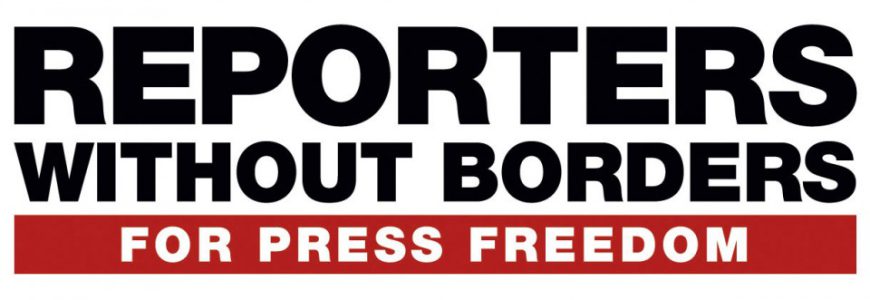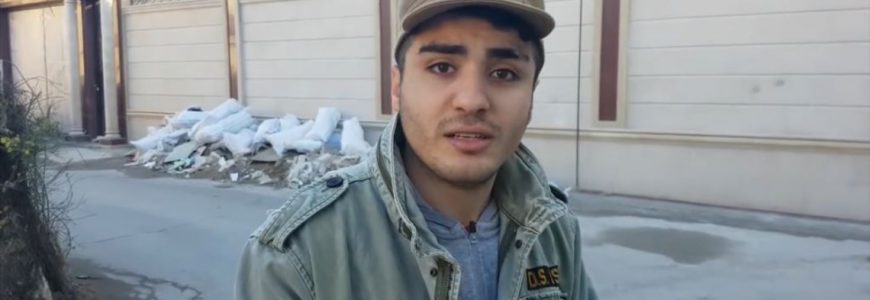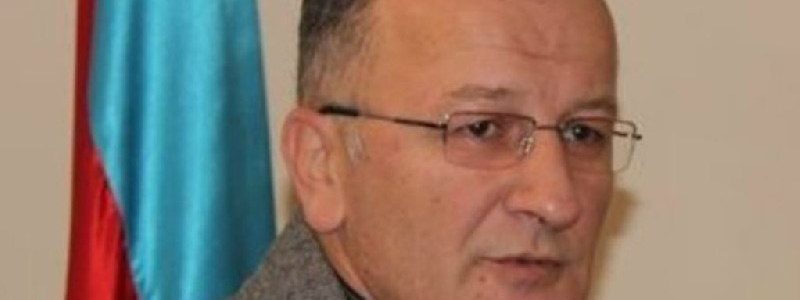On August 31, 2022, the leaders of Armenia and Azerbaijan held their fourth meeting in Brussels with the mediation of the President of the European Council Charles Michel. Following the four-hour meeting, Michel called the talks “open and productive”. Reactions in Yerevan and Baku, however, were not as optimistic. The official statement released by the Armenian government outlined a general overview of the issues discussed, noting that “the next meeting of the leaders of the countries will take place in November.” Baku kept silent on the official level, but state sponsored media outlets aimed to show that Ilham Aliyev was not fully satisfied with the results.
Read more “The EU’s Main Challenge in Armenia-Azerbaijan Peace Talks”The EU’s Main Challenge in Armenia-Azerbaijan Peace Talks









